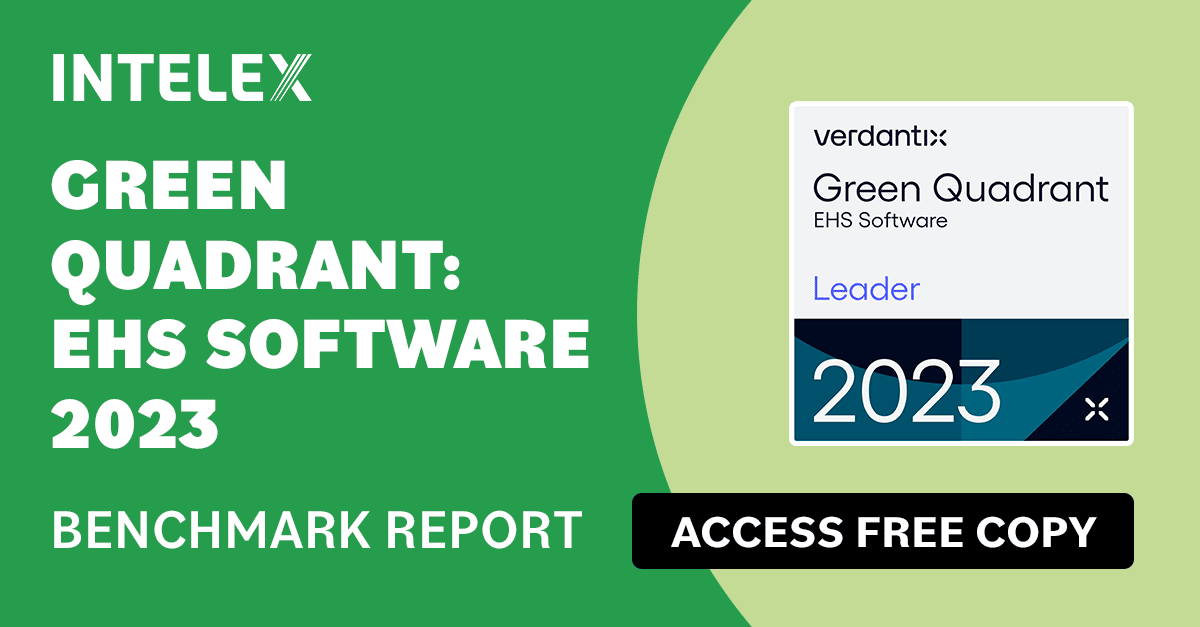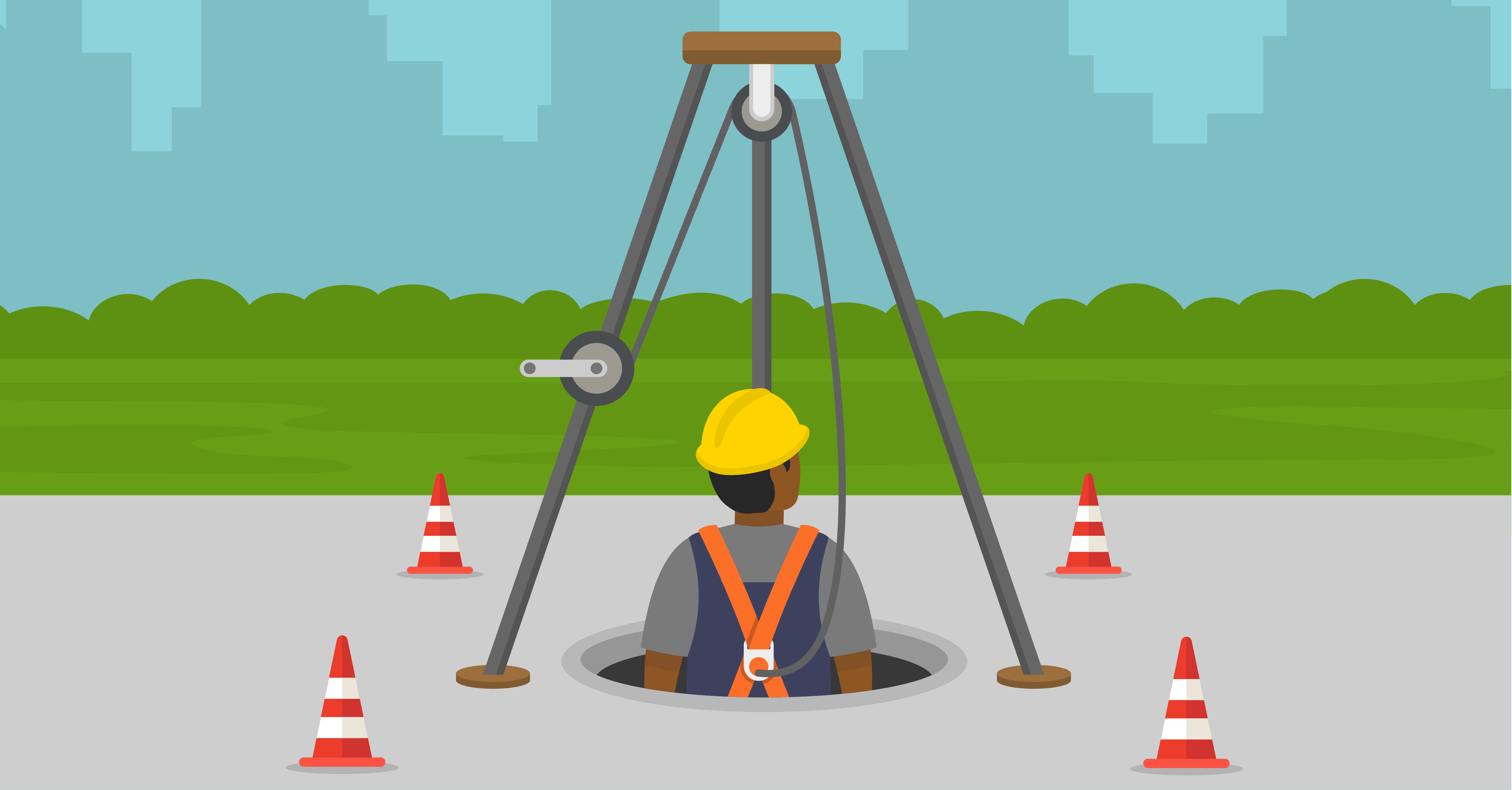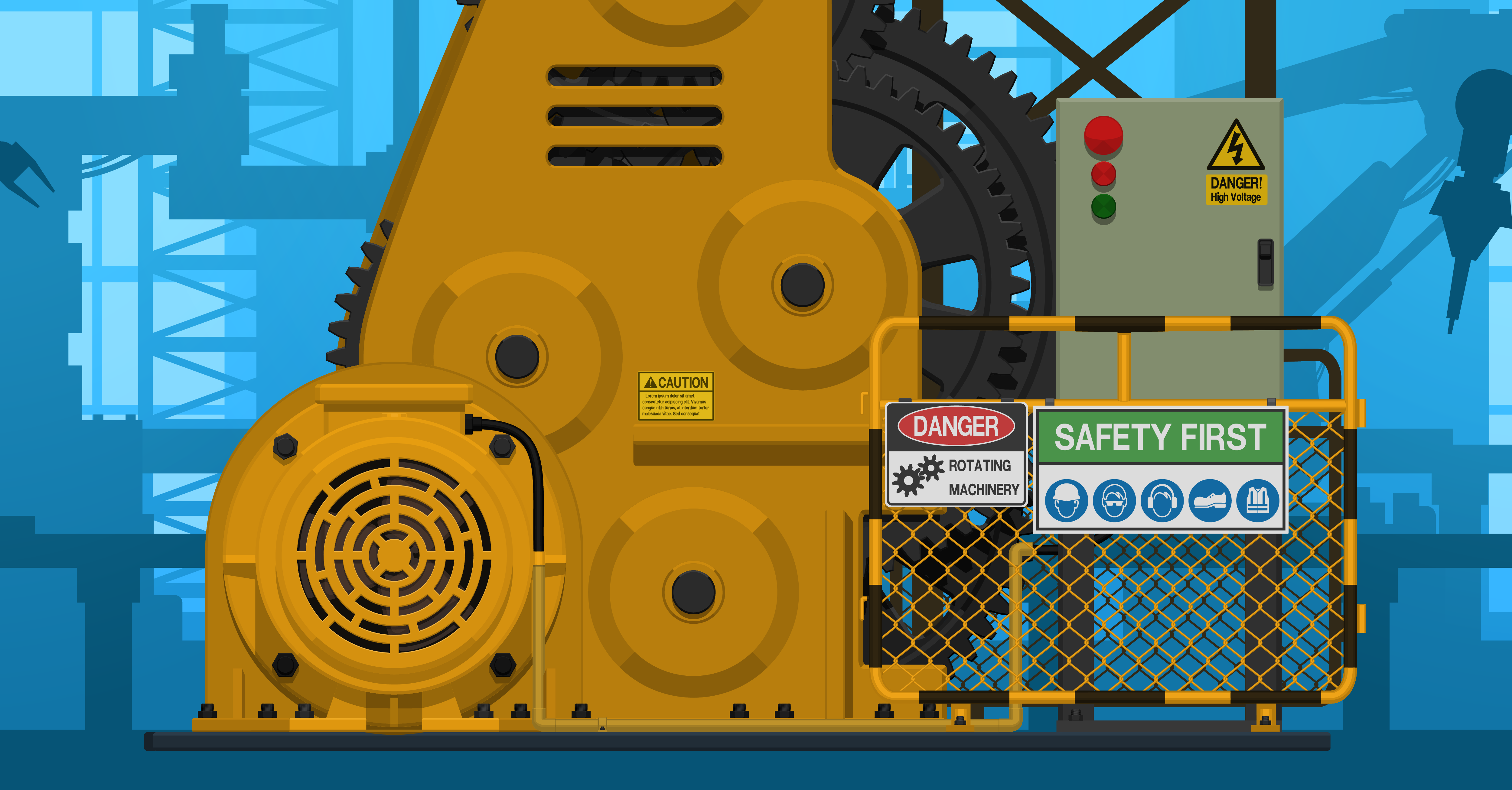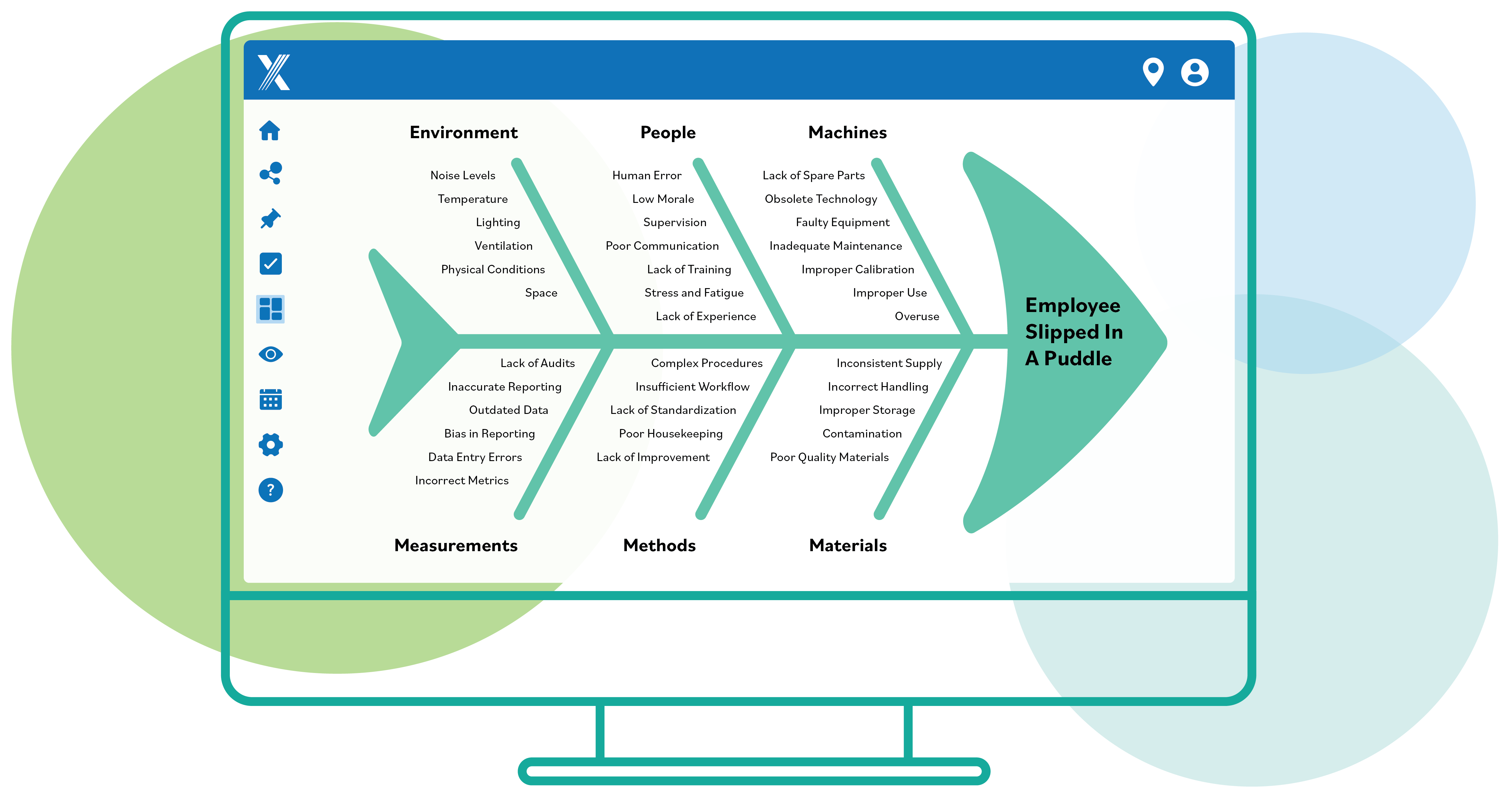7 Organizations Focused on Improving Safety Culture
December 15, 2023
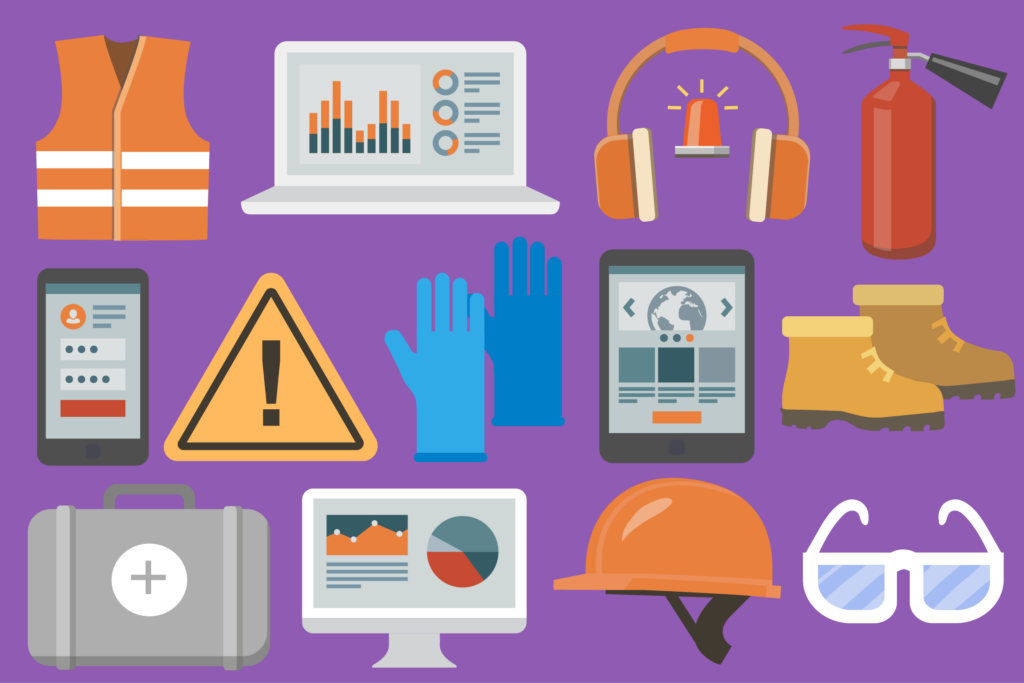
Table of Contents
- Customer Needs and Safety Achievements in 2023
- 2023 Customer Case Study Roundup
- Virgin Atlantic
- SGS
- Cory
- Heraeus
- Linde
- Thales
- Coats
- Looking to the Future
Over the past year, we’ve had the chance to listen to some of our customers, celebrate their successes and learn about their thoughts on the future of health and safety in the workplace. This article is a roundup of what we’ve learned from working on customer case studies throughout 2023. We’ll look at their achievements in reducing workplace accidents and how EHS management system software from Intelex has helped them work towards their safety goals.
Customer Needs and Safety Achievements in 2023
Reducing manual workflows and using data to get deeper insight into the organization top the list of most significant customer needs in 2023. Many organizations used manual processes and spreadsheets for incident reporting and had poor communication between frontline workers and the management system. These organizations required solutions to manage high-quality data to take their safety programs to the next stage of continuous improvement.
Customers also want to ensure they have unified processes and single sources of truth across different sites. Providing a unified safety culture in a global environment has been a significant challenge as they expand into new regions or acquire new assets through mergers and acquisitions.
Intelex has played a key role in helping many of these organizations make critical safety improvements, such as creating standardized processes across locations, automating manual processes for managing the data for stronger leading indicators and supporting more effective regulatory compliance. It has also helped them create stronger safety cultures in which frontline workers become partners in keeping themselves and their colleagues safe.
2023 Customer Case Study Roundup
Virgin Atlantic
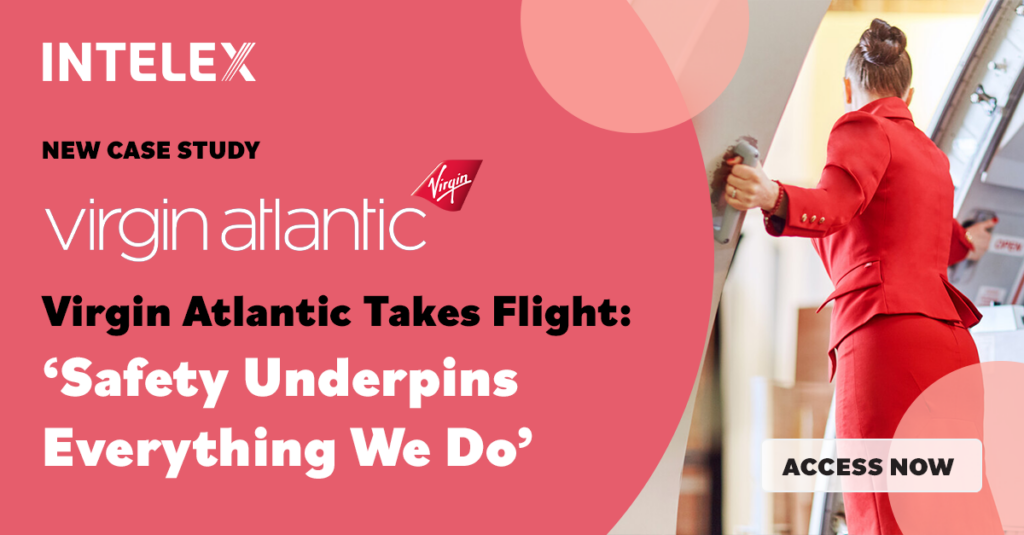
Like other air service providers, Virgin Atlantic is a complex organization with thousands of people in various global locations. It also has multiple internal and external reporting requirements.
Virgin Atlantic needed a digital safety management system that gave leadership insight into the business without creating a burden for frontline workers. Before implementing Intelex, safety practitioners extracted safety data from Excel and manually added them to reports.
Using Intelex applications like Incident Management, Virgin Atlantic created a single source of truth that served the needs of many groups across the organization. Intelex’s out-of-the-box functionality provided a robust foundation for this approach, while the customization capabilities helped Virgin Atlantic to meet many of the more complex requirements of the aviation industry. For example, Virgin Atlantic teams created an “Aircraft Damage” report, which asks specific questions about the event type and includes built-in rule thresholds. Those thresholds allow the system to automatically close “low priority” reports and provide feedback to the person making the report, while flagging “high priority” reports for more detailed review.
Intelex’s flexibility has helped Virgin Atlantic automate processes to capture, monitor and analyze EHS data, which helps leadership gain better insight into the organization. It also supports better standardization and more rigorous processes to manage regulatory compliance.
Mobile solutions have been particularly useful for Virgin Atlantic. When it launched Intelex mobile solutions in 2019, the goal was to achieve 50 percent adoption. By 2023, the adoption rate has been approximately 70 percent.
Overall, Intelex has helped Virgin Atlantic manage a broader range of data to support a more proactive approach to health and safety.
SGS
SGS focuses on quality control, regulatory compliance and product safety through testing, inspection and certification. It operates in more than 2,600 sites around the world with 96,000 employees.
SGS implemented Intelex in 2009. Before that, SGS reported incidents, hazards and near misses on paper with dozens of Excel sheets. Tracing incident investigations and corrective actions was a significant challenge, which meant it was important to create digital safety processes to support more sophisticated data management.
Since 2010, SGS has used Intelex App Builder to create or customize several safety applications, including Incident Management, Near Miss Management and Permit to Work. Intelex has remained among the top four applications users access most frequently. System administrators have created 91 different dashboards globally and locally since first introducing Intelex to the organization.
SGS has continued to improve its safety management system with Intelex. In 2016, SGS created a fully integrated, real-time safety performance report that combines nine different reporting sources. In 2019, SGS integrated vehicle telematics into the ILX platform using App Builder. This application tracks the SGS fleet for both owned and leased vehicles, including mileage and distance. In 2020, SGS began creating next-level reports and dashboards by linking Intelex to Power BI.
As a result of this work, SGS’s LTIR (Lost Time Incident Rate) and TRIR (Total Recordable Incident Rate) have improved significantly. Download the case study.
Cory
Cory is a waste management company in London, England. It uses river-based infrastructure to manage recyclable and non-recyclable waste, processing approximately 765,000 tons of black bag waste per year.
Cory relied on a paper-based approach in which workers scanned and emailed forms to a central team that would then cut-and-paste relevant information into Excel spreadsheets. As a result of this time-consuming process, it was difficult to aggregate and analyze data for insight into frontline safety and to foster a spirit of continuous safety improvement.
Cory addressed these challenges by implementing the Incident Management and Safety Observations Management applications from Intelex. By building standardized digital processes, Cory has created a more resilient safety culture with better information management and analytics, which has reduced the risk of EHS incidents and freed workers to concentrate on delivering valuable services to the people of London. Download the case study.
Heraeus
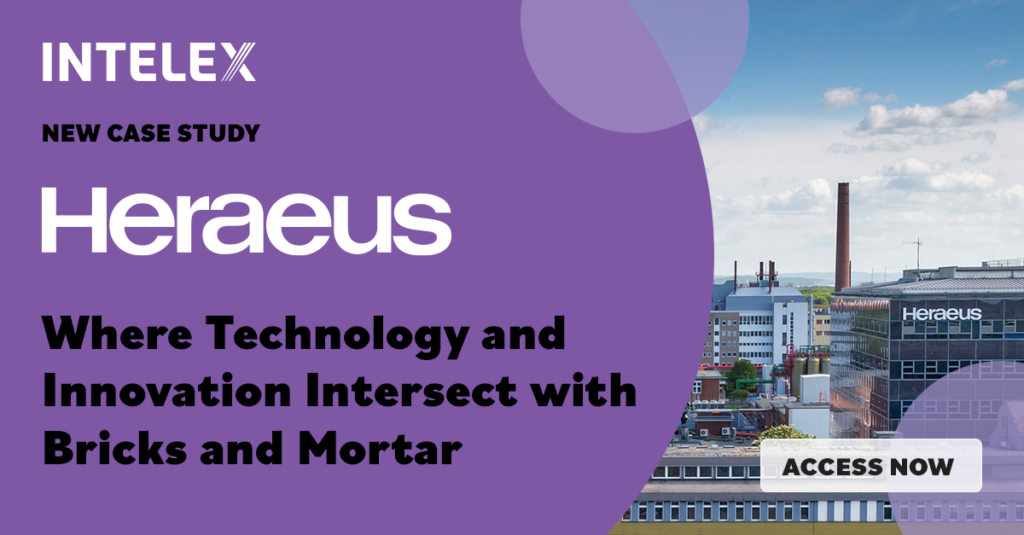
Heraeus is a German technology company operating in sectors like environment, electronics, health and industrial applications. In 2019, Heraeus developed a new global EHS organization to reflect business needs and safeguard the enterprise. It rolled out its Intelex system in August 2020 as part of its Global EHS Framework. Heraeus uses Incident Management, Risk Management and Action Plans applications to support its digital safety management system.
Since rolling out the new system, Heraeus has significantly improved its incident response performance, compliance status and overall EHS awareness. This includes an increased participation culture and a drop in LTIs (Lost-Time Incidents) in Germany by 10 percent and in the US by 40 percent between 2020 and 2021.
The Incident Management application supports reporting, investigating and approving incidents at the group level and visualizes the data to show trends, improvements and comparisons with other sites. The Risk Management and Action Plans applications have led to additional improvements, such as creating common standards and structures for risk assessments across all global sites. End users preparing a standard risk assessment in Intelex save up to 60 percent of their time using our risk assessment library, and Action Plans has similarly reduced manual workflows.
Every month, approximately 1,000 users at 83 production sites use Intelex to track actions, prepare risk assessments, investigate accidents, visualize data in dashboards and perform many other tasks. In total, recurrent users represent seven percent of the entire Heraeus workforce.
Linde
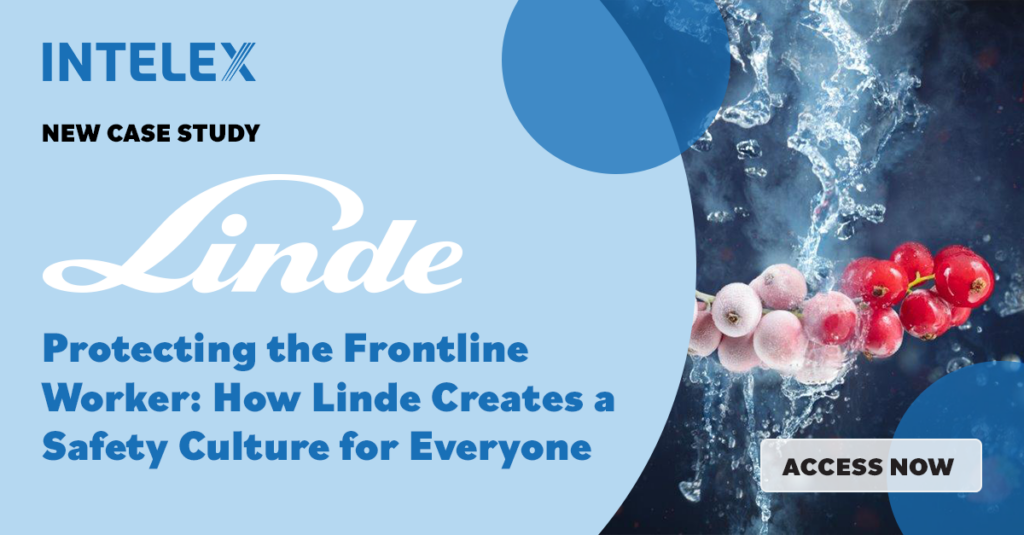
Linde is a leader in innovative technology solutions for sustainability performance. It provides medical and specialty gases, clean hydrocarbon and carbon capture systems to support the energy transition and engineering solutions for the hydrocarbon industry. It operates over 2,000 sites in more than 100 countries with approximately 70,000 employees.
With so many sites around the world, Linde needed a system that could benchmark KPIs from multiple business units while augmenting the safety culture for thousands of global employees. Overall, Linde had two goals. The first was to encourage frontline employees to report low-severity incidents. Even when incidents seem minor, workers need to feel responsible for their safety and the organization’s safety culture. Second, Linde wanted to support the business units with advanced data analysis to improve safety and to direct resources for continuous improvement.
To meet that challenge, Linde implemented several Intelex applications, including Audit Management, Incident Management, Job Safety Analysis, Permits Management and Training Management. Since that time, Linde has seen an improvement in safety culture, communication and stakeholder visibility into safety incident rates.
Thales
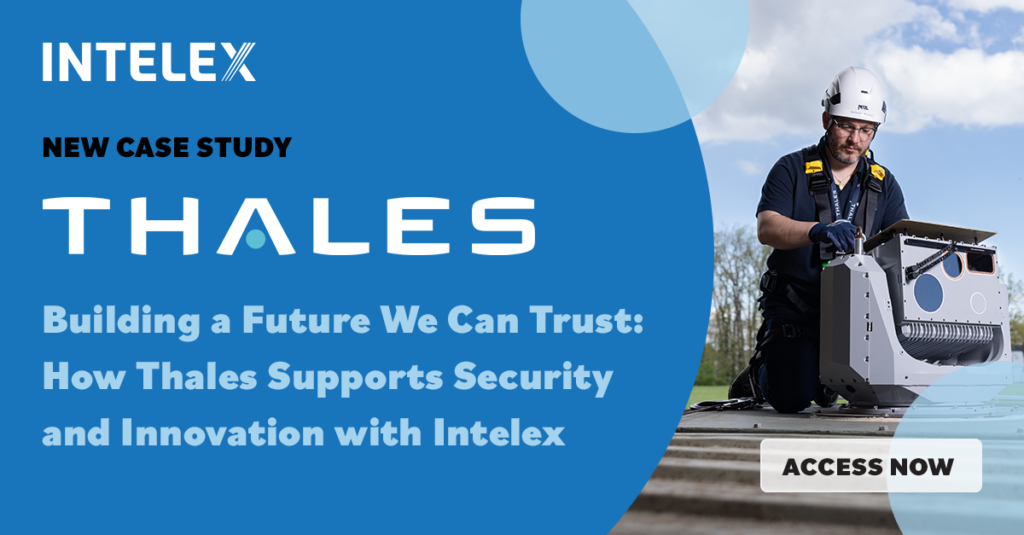
Thales is a global leader in technology to support defense and security, digital identity solutions, ground transportation, space and aerospace. Its technology solutions include big data, artificial intelligence (AI), connectivity, cybersecurity and quantum technology. It operates in 68 countries on five continents with approximately 80,000 employees.
Thales had an existing digital solution to support its safety management system before using Intelex, but it was not evolving at the same pace as business needs. Instead, Thales needed a resilient and flexible solution to meet the demands of large-scale data collection and analysis, such as for the number and classification of safety and environmental incidents.
Thales implemented Sustainability Performance Indicators (now called Corporate Reporting for ESG), Incident Management, Environmental Aspects and Impacts, Job Safety Analysis and Action Plans to help improve its safety and environmental maturity. With Intelex’s flexibility, Thales has supported regional sites in ways that suit their specific needs.
The applications’ flexibility has been particularly useful as Thales moves to support green electricity. During the most recent reporting campaign, Thales was able to customize the questionnaire to achieve precise indicators and to restructure how to enter the data. Thales used 155 primary indicators in the questionnaire sent to each site for the quarterly campaign. The yearly campaign used 510 primary indicators, totaling approximately 215,000 indicators across all the sites.
Coats
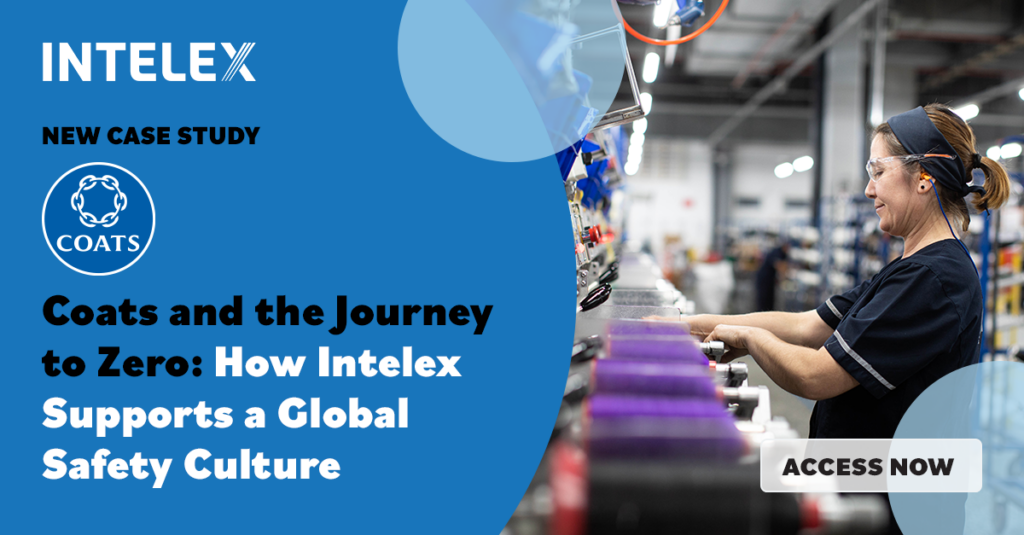
Coats is a world leader in thread manufacturing and structural components for apparel and footwear, as well as an innovative pioneer in performance materials. It provides threads for everything from conventional apparel to safety-critical products like automotive airbags and hot air balloons. Coats is a FTSE250 company with over 17,000 employees on six continents.
While data and reporting have always been critical components of Coats’ safety culture, being a global organization made managing safety data a challenging task. Before Intelex, Coats managed data manually at the site and global levels, which was time consuming and had a high probability of error.
Coats implemented several Intelex applications to address these needs, including Incident Management and Behavior-Based Safety, as well as environmental applications such as Compliance Tracking, Environmental Aspects and Impacts, Action Plans, Permits Management and Water Quality Management.
Intelex has played an essential role in supporting Coats’ global safety culture. It has helped to streamline the reporting and approval process involved with incidents, and it has helped to provide better insight into what is happening with frontline workers at every location. The data since 2018 tell the story of Coats’ success:
- Near misses reporting rate: +33%
- Hazard reporting rate: +36%
- Improvement actions completed rate: +55%
- Corrective actions closed within 30 days: +89% from 39%
- Work-related incident rate: -35%
- First-aid incident rate: -10%
Looking to the Future
2024 promises to be a year full of both dynamic threats and lucrative opportunities for today’s organizations. Threats include a challenging economic environment, labor shortages and continued global political unrest, all of which impact the safety culture of global businesses. On the other hand, rapid technology advances in AI, big data, the Industrial Internet of Things (IIoT) and many other areas promise to help safety professionals bring more powerful tools to bear on the task of keeping workers safe on the job.
Overall, organizations will be looking for innovative technology to help them better understand what goes on in their organizations. A strong safety culture doesn’t happen by accident. It needs digital tools, leadership support and frontline engagement to manage the data for in-depth reporting and leading indicators. Intelex looks forward to supporting our customers in their safety journey in 2024 and beyond.

